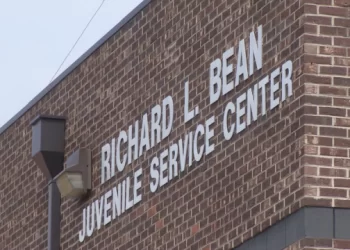Maryville, Tenn. – The Tennessee Department of Human Services (DHS) is facing a class action lawsuit accusing the agency of failing to process Supplemental Nutrition Assistance Program (SNAP) applications in a timely manner, leading to severe consequences for applicants and participants.
The lawsuit, filed by a group of individuals affected by the delays, claims that the state’s failure to process SNAP applications within the required time frame has caused hunger, malnutrition, and financial hardship. The plaintiffs argue that the delays have left many families without the food assistance they desperately need, particularly during difficult financial times.
Under federal law, states are required to process SNAP applications within 30 days of submission. However, according to the plaintiffs, DHS has repeatedly missed this deadline, resulting in extended wait times for applicants to receive benefits. This, they say, has left many individuals and families without essential resources to meet basic needs, including food.
The lawsuit highlights the impact on vulnerable populations, such as low-income families, the elderly, and individuals with disabilities, who often rely on SNAP to make ends meet. Attorneys representing the plaintiffs argue that DHS’s failure to act promptly is a violation of the federal government’s obligations to ensure timely access to food assistance.
The DHS has yet to publicly comment on the lawsuit. However, the department has faced scrutiny in the past for its handling of public assistance programs, and this legal challenge is likely to bring further attention to the efficiency and effectiveness of the state’s social safety net systems.
As the case moves forward, it could have wide-reaching implications for how the state manages its SNAP program. If successful, the lawsuit could force DHS to expedite processing times and potentially lead to changes in how the state ensures that eligible residents receive timely access to benefits.
The case also highlights ongoing concerns about the growing demand for public assistance in Tennessee and the ability of state agencies to meet the needs of a population facing economic difficulties. Advocates for low-income individuals and families argue that such delays in benefit processing exacerbate existing inequalities and put vulnerable Tennesseans at even greater risk.
As the legal proceedings continue, both the plaintiffs and the state will prepare for what could be a lengthy battle over how SNAP benefits are administered in Tennessee.













